With the release of Paso Doble, Bullet Points makes an aural artistic statement that dominantly stands out in the Indianapolis music scene. David Hazel dives into the pain and pleasure of his own musical methodology.
Links: Bandcamp
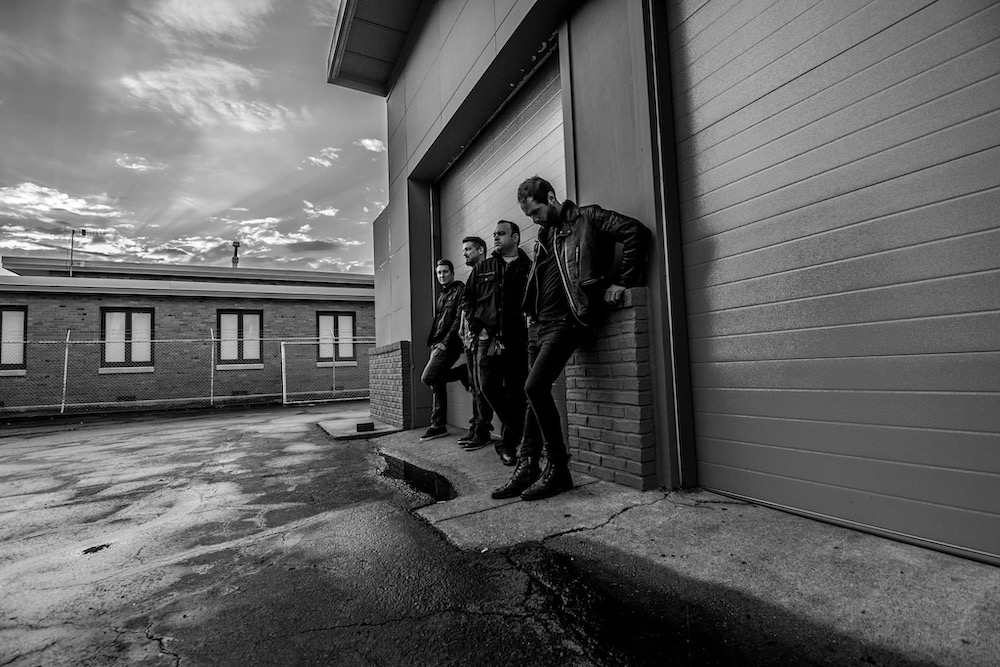
Battle of the Bands is a labor of love not just for the bands themselves but also for the fans of the groups involved. Unless you are one or the other, it can be a hard sell. There is no national draw but a concerted and supportive effort within the local scene. Depending on the community’s dedication lies the success of the event. It becomes the local music scene’s March Madness; a battle royale to get to that prize while pouring sweat and blood into each performance just to be crowned the best of the best.
Almost twenty years ago, Indianapolis held a Battle of the Bands that built attention amongst the local community. Fans lined up on College Avenue to get into The Vogue. In 2002, this event was a big deal for the city. Designed and promoted by X103 and hosted by MTV’s Matt Pinfield, it was a boost to the Indianapolis music scene. Extra Blue Kind emerged as the winners.
“We were a nothing band from Bloomington that nobody knew of and then all of the sudden we were all over the place,” said David Hazel, who fronted the band. This is why the Battle of the Bands concept is important to the industry.”
Fast forward to 2019 and 2020 and Indianapolis hosts the Do317 Battle of the Bands that took place at the HI-FI Indy and the finals at The Vogue. Bullet Points entered and Hazel felt the flashback effects from when he originally performed with David Barajas in Extra Blue Kind.

Hazel, along with Barajas on bass, TJ Briggs (who was a part of Hazel’s project Beta Male) on guitars, and Matt Beaumont on drums, make up Bullet Points. The musicianship of each member offers a rich sound palette and a window that now helps define a niche history of the Indianapolis music scene.
“I didn’t expect anything to come from it,” said Hazel about the Battle of the Bands. “It’s different when you are twenty. You have all of your friends that you know showing up. We are all guys in our forties, and it’s a lot harder to get people to come out. We did not think we would get very far and just wanted to do it for fun, get a little exposure, and to play at the Hi-Fi Indy.”
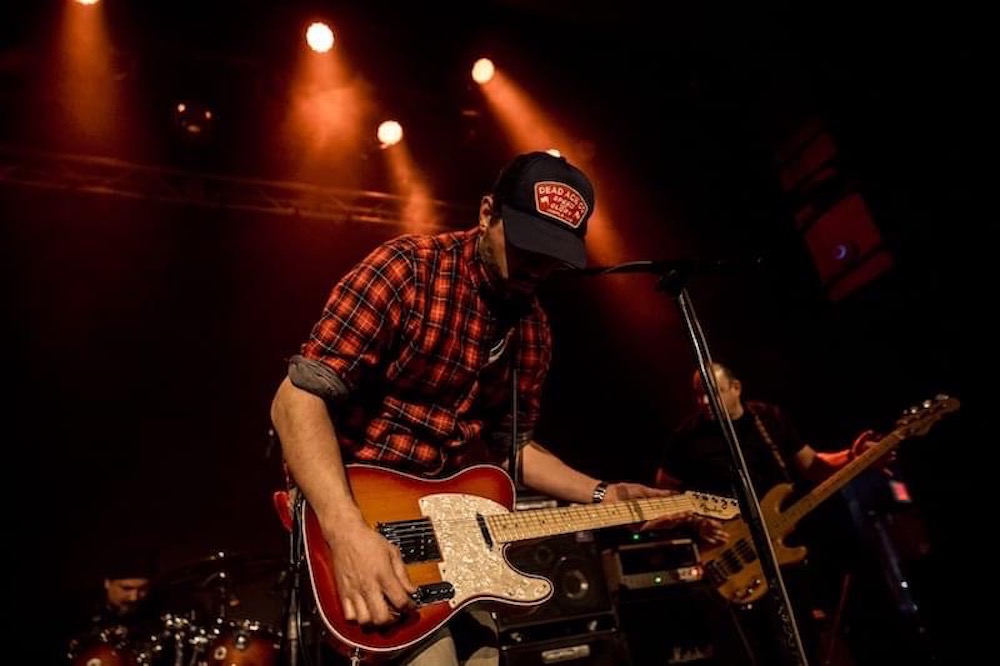
Bullet Points made it to the finals at The Vogue and survived two rounds before being knocked out of the competition. The Palace took home the prize at an event that gave a huge boost to the local music scene and showed a respectful camaraderie amongst all. It allowed us to, once again, understand just how vibrant music culture is in Indianapolis.
And then the pandemic hit. And everything shut down. And a lot of the effort from the Battle of the Bands outcome was lost. But for Bullet Points, they pushed forward with the release of Paso Doble, Hazel’s first album released on vinyl. Paso Doble is an artistic achievement, a testament of creative perseverance, and a treatise built on direct and indirect emotional perspectives. Although much of Hazel’s writing style is not autobiographical, they are motivated by real feelings.
“I do this because I feel I have to. I don’t feel right unless I have creative output in life. What I hope is true is that these emotions that I create feel very true and honest because they are.”
The artistic expression in the title track lends itself to this process. We feel the tempo’s weight, we empathize with Hazel’s sobering plea, and we feel the intensity in the band’s passion to aurally carve an arrow into the heart of the listener.
“There is a picture in my head—it’s maybe in the first verse of the song—of sitting in a hallway in a hospital while your significant other is fading inside of a hospital room. I have not been through that personally, but I certainly can feel what it’s like.”
The barrier between the listener and the band makes Hazel’s prose that much more poignant, and for us, we feel that painful distance—a rift. Emotions turn into an avalanche based on the sluggish momentum of the song and the haunting of the keys. We are caught in the song’s soulful grasp that stays with you long after.
But that’s the beauty of Paso Doble. Hazel thrives on not making things easy and being musically comfortable in his skin. He likes the challenge to try and nail down what is expressively floating around in his mind. “That creative pressure builds up, and I have to do something about it, like having to take a week off work as I did three years ago writing most of the new songs on the new record. I just have to do it. If I have not created something in a while I just don’t feel right.”
Half of the album is from his past. A few songs come from the Beta Male catalog while others have been resurrected from his Stranger project he did with Cyrus Youngman from Kingfisher, a band he also produced. The other half are songs that are more recent.
“My process is to write in a studio environment. I don’t sit with a notebook on a park bench and come up with stuff. Often with Bullet Points (it started with Beta Male), I have to trick my brain into making stuff. Having to conceptualize something is hard work. What does not seem like hard work is feeling. I’m good at feeling music.”
That trait came at an early age when he first got into music. Hazel first signed up to fifth grade concert band, playing trombone. That first time they played a piece, that impression and feeling of the movement became ingrained in his psyche. This impressionable song was the “Manitoba March.”
“I don’t remember how it sounds, but I remember we played that thing, and it had two different parts going on at the same time. I wouldn’t call it counterpoint, but there are two different melodies essentially going on at the same time. It blew my mind. I thought, this is cool; this is what I want to do.”
It was a feeling unlike anything else he experienced. Soon after, he started taking drum lessons. Growing up in Greenfield, his parents made a weekly trek to the northside of Indianapolis for lessons. What started with the “Manitoba March” progressed to Nirvana and other alternative bands by eighth grade. These groups showed him just how a band could immerse themselves with so much passion for their own music. With that frame of mind, Hazel picked up a guitar and taught himself how to write original songs. How it came full circle was when him and his high school buddies would go up to Michigan to record at his uncle’s house. It was there that he fell in love with the whole process and the way music, songwriting, and recording came together.
“As far as my motivation to keep doing music, it’s really suffering that makes me produce art. For me it’s not escapism to create art, it’s a way of dealing with the absurdity of reality and suffering. I approach the creative process without preconceptions most of the time, and really open myself up to that thing beyond words where you turn off your brain and let the universe in—let feelings in and go with it and let it take it where it wants to take you. Thinking gets in the way. As long as suffering is a part of life, I’ll be motivated to write, and from my learnings about reality, it seems I’m destined to keep creating things until I’m dead or physically incapable.”
Bullet Points—Just Like You Music Video
It becomes evident on Paso Doble. “Just Like You” is ignition fuel for Bullet Points’s poise. It’s a perfect starting point to understand what Bullet Points is all about. The song is a soundtrack for release. It’s that split-second moment between mental frustration and physical action. That is why the chorus is paramount to the song as a three-chord montage comes barreling over everything else. Their video is simple. The band’s facial expressions expose pure punk passion through strobes and white walls. It’s Lynchian in sound and architecture—simple, weird, fascinating. Their sound flows through your veins like an unpredictable drug. It’s no surprise that they won the People’s Choice Video Award for the 2020 PRN Awards. The punchline, Hazel emits, “I’m just / like / you.”
“Erase Me” is another song that strengthened through the band.
Bullet Points—Erase Me Music Video
“There is something special when this song was born, and it never quite got there again. In the demos, I was going for something specific, and I never could express what I was thinking it to sound like. With the guys playing the parts and Mike Bridavsky producing it, the song totally sounds better than our demo. I tend to prefer my demo version versus album versions. This has happened my whole musical life. I know there is something to it. Sometimes you have to admit years later that the album version is better and ‘Erase Me’ is one of those songs.”
There is much more to Paso Doble than to what is on the surface. According to Hazel, making this album was difficult.
“Most albums that I have worked on when I’ve gone in and given the reigns over to someone else have been difficult. There is a fine line of what things I give over to the other person, and how controlling I am going to be with that person. I want to take advantage of their expertise and experience they have that I lack. On the other hand, I keep in mind and know what to stand up for and what is part of the artistic vision.
“When Extra Blue Kind went into the studio with Vess Ruhtenberg at Queensize for The Tide and the Undertow, we had all of these songs already finished. But I felt like every song that I wrote sounded like a different band. So we wanted to hand over production to someone who could bind these songs together into a statement. Vess is an auteur, and you can tell he’s got a specific sound. We wanted that sound.”
For Paso Doble, they went back to the foundation of Hazel’s musical enlightenment and recorded at Russian Recording in Bloomington. Between Hazel’s eclectic songwriting and Bridavsky’s natural approach, Bullet Points was able to achieve the level that they needed to give these songs the noir and nerve that they needed.
“Mike is a talented producer and is able to get certain sounds. He has a lot of great gear that I don’t have access to. We were able to run what we do through this awesome fidelity machine of his studio.”
Hazel being a producer himself, he was able to tap into that knowledge and use it to accentuate the motive behind Paso Doble. His producer qualities also created an energetic tension in the studio.
“Where the tension came in, and it was a positive tension, it was like two rivers running into each other. There is a lot of chaos but then they both end up heading in the same direction and become bigger than either of them before. We have certain processes that have to be recorded in a certain way. Each of them has a treatment. Mike is used to doing a set up for a band and recording them with a certain artistic ethic. Like Steve Albini, Mike just wants to capture the sound of the band. He is very good at that.
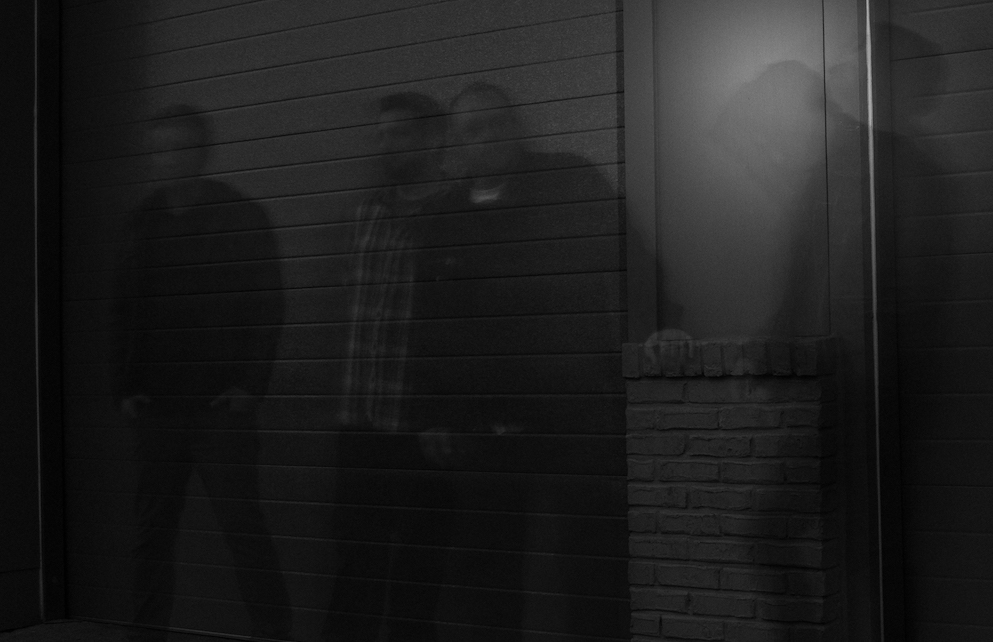
“Our recorded product is not what we initially sound like as a band. He had never done things this way. It took a lot of time, and we had a lot of mutual respect so we were all trying really hard. We went way over schedule. We went way over budget. He did some things he had never done before. There was a lot of editing. It was a struggle, but it turned out pretty good because of it.”
Hazel is one to push the envelope and bring depth to the genre’s that he is fascinated in, taking from various elements of Punk, Hip Hop, Alternative, and Film Music. The after hours soul that emerges from “Is This The Way” to the carnal pleasures of “Blood Dreams,” the band takes from these bones and breathes a heightened level of artistic scenery.
“The emotion in the studio is a funny thing. It’s much like if you are making a movie. There’s a lot of things you do in a studio, and it can be as mundane sounding as selecting what kind of mic you put on a bass cabinet. One is going to have a specific effect that conveys a certain emotion, and one is going to have a different effect. It’s complicated. A filmmaker knows that a wide angle lens is going to have a completely different feel than a telephoto lens on a subject. It’s a grand experiment.”
It’s up to the listener to determine if the experiment was a success. Yet, with critical praise for the album and the success of their performances, Hazel can be proud of this accomplishment especially during this time in his life. More from Bullet Points is written in the stars.
“When I was just hitting Indy, and I was in my early twenties, I remember playing at Birdy’s with some guys who were in their thirties. They told me that they were old to be doing this. I thought, ‘Damn, so happy I’m 24.’ I never would have thought I would still be doing this at 43.
“I think the world has grown up with me. I have creativity to put out in the world. We have all of these great tools to make new and exciting stuff. It seems like a really good time to be an artist, and I am glad I can still be a part of it.”
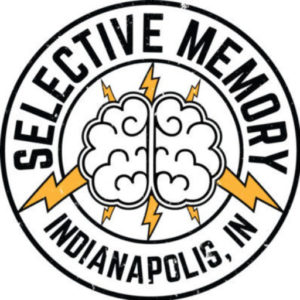
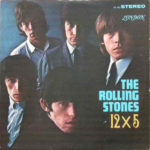
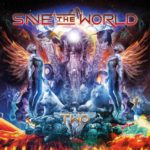
No Comment! Be the first one.